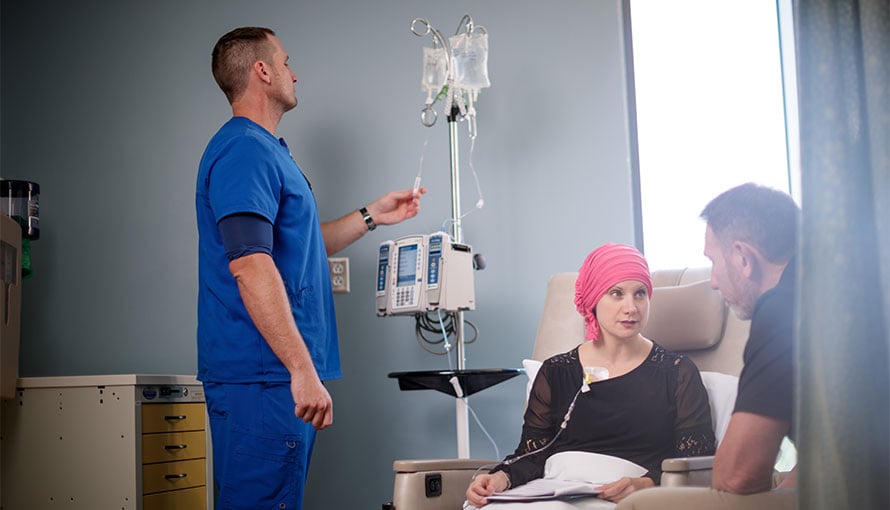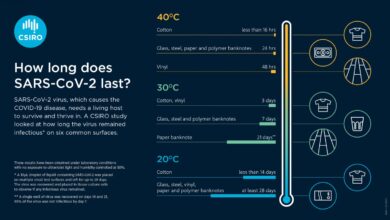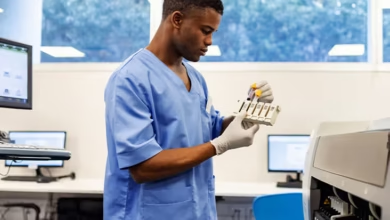Understanding Chemotherapy: A Comprehensive Guide

Chemotherapy is a well-known treatment modality in the battle against cancer. Often shrouded in misconceptions and anxiety, it is a powerful medical intervention that saves lives. This article dives deep into the essence of chemotherapy, its mechanisms, benefits, challenges, and what patients and their loved ones should know when facing this journey.
What is Chemotherapy?
Chemotherapy, commonly abbreviated as “chemo,” refers to the use of drugs to kill or inhibit the growth of cancer cells. Unlike localized treatments such as surgery or radiation therapy, chemotherapy works systemically, traveling throughout the body to target cancer cells wherever they may be hiding.
How Chemotherapy Works
Chemotherapy drugs are designed to interfere with the cell division process, which is how cancer cells proliferate uncontrollably. These drugs target cells during various stages of their life cycles. Unfortunately, they can also affect rapidly dividing healthy cells, such as those in the hair follicles, bone marrow, and gastrointestinal lining.
There are different classes of chemotherapy drugs, including alkylating agents, antimetabolites, and plant alkaloids. Each type works uniquely but ultimately aims to either destroy cancer cells or stop them from multiplying.
The Role of Chemotherapy in Cancer Treatment

Chemotherapy can be used for various purposes, including:
- Curative Intent: In some cases, chemotherapy eradicates cancer entirely.
- Control: It slows the growth and spread of cancer when a cure isn’t possible.
- Palliation: Chemotherapy helps reduce symptoms and improve quality of life in advanced cancer stages.
Types of Chemotherapy Treatment Plans
The administration of chemotherapy varies depending on the cancer type, stage, and the patient’s health. Doctors customize treatment plans to achieve the best outcomes.
Adjuvant and Neoadjuvant Chemotherapy
- Adjuvant Chemotherapy: Given after surgery to eliminate any remaining cancer cells.
- Neoadjuvant Chemotherapy: Administered before surgery to shrink tumors, making them easier to remove.
Combination Chemotherapy
In many cases, a combination of drugs is used to enhance effectiveness. Each drug targets cancer in a slightly different way, creating a synergistic effect that improves overall success rates.
Maintenance and High-Dose Chemotherapy
- Maintenance Chemotherapy: Administered in lower doses over a long period to prevent recurrence.
- High-Dose Chemotherapy: Sometimes used with a stem cell transplant, involving intense drug administration to treat aggressive cancers.
The Chemotherapy Process: What to Expect
Understanding what happens during chemotherapy can help patients prepare mentally and emotionally.
Before Treatment
Before starting chemotherapy, patients undergo a series of tests to assess their overall health, including blood tests, imaging scans, and biopsies. The oncology team will then explain the treatment plan, potential side effects, and strategies for managing them.
During Treatment
Chemotherapy drugs can be administered in several ways:
- Intravenous (IV) Infusion: The most common method, where drugs are injected directly into a vein.
- Oral: Pills or capsules that patients can take at home.
- Injection: Delivered into the muscle or under the skin.
- Topical: Creams applied to the skin for certain types of skin cancer.
Sessions may last a few hours, and patients often visit infusion centers weekly, biweekly, or monthly, depending on the regimen.
After Treatment
Post-treatment recovery is crucial. Patients might experience fatigue, nausea, or other side effects. Regular follow-ups with the oncology team ensure that the treatment is working and allows adjustments to the plan if necessary.
Side Effects of Chemotherapy
Chemotherapy is effective but not without its challenges. Its impact on healthy cells can lead to various side effects.
Common Side Effects
- Fatigue: One of the most reported symptoms, often resulting from anemia or the body’s recovery efforts.
- Nausea and Vomiting: Modern antiemetic drugs can mitigate this significantly.
- Hair Loss: A visible and emotionally impactful side effect, though temporary.
Long-Term Side Effects
In some cases, chemotherapy may cause long-term complications, including infertility, heart issues, or an increased risk of secondary cancers. These risks depend on the drugs used and the duration of treatment.
Managing Side Effects
Healthcare teams often provide comprehensive plans to manage side effects, including dietary changes, medications, and support groups.
The Emotional Journey of Chemotherapy
Beyond the physical challenges, chemotherapy also affects patients emotionally and mentally.
Fear and Anxiety
The uncertainty of outcomes and fear of side effects can create anxiety. Education and open communication with medical providers can help alleviate these concerns.
Support Systems
A strong support network—whether from family, friends, or support groups—can make a significant difference in coping with chemotherapy. Sharing experiences and emotions often eases the mental burden.
Mind-Body Practices
Incorporating practices like meditation, yoga, or journaling can help patients maintain mental clarity and resilience during treatment.
Advances in Chemotherapy
Medical research is continually advancing chemotherapy techniques, making them more effective and less taxing on patients.
Targeted Therapy
Unlike traditional chemotherapy, targeted therapy focuses on specific molecules involved in cancer growth, sparing healthy cells and reducing side effects.
Immunotherapy
This innovative approach boosts the immune system to fight cancer, sometimes used alongside chemotherapy for enhanced results.
Precision Medicine
Advances in genetic testing now allow for tailored chemotherapy plans based on an individual’s genetic makeup and the unique characteristics of their cancer.
Tips for Patients Undergoing Chemotherapy
Preparation and self-care can significantly improve the chemotherapy experience.
Stay Informed
Ask your doctor questions and seek clarity on your treatment plan. Knowledge is empowering and can reduce fear.
Focus on Nutrition
A balanced diet can help maintain energy levels and support the body’s recovery. Include plenty of protein, fruits, and vegetables, and stay hydrated.
Listen to Your Body
Rest when needed and engage in light physical activities to combat fatigue. Your body’s signals are your best guide.
Conclusion
Chemotherapy is a cornerstone of cancer treatment, offering hope and healing to millions worldwide. While it presents challenges, advances in medicine and supportive care have made the journey more manageable. For patients and their families, understanding the process and maintaining open communication with healthcare providers are critical to navigating this chapter with strength and resilience.
With the right preparation, a strong support system, and a commitment to self-care, chemotherapy can be a transformative part of the fight against cancer—a path toward recovery, renewal, and hope.



